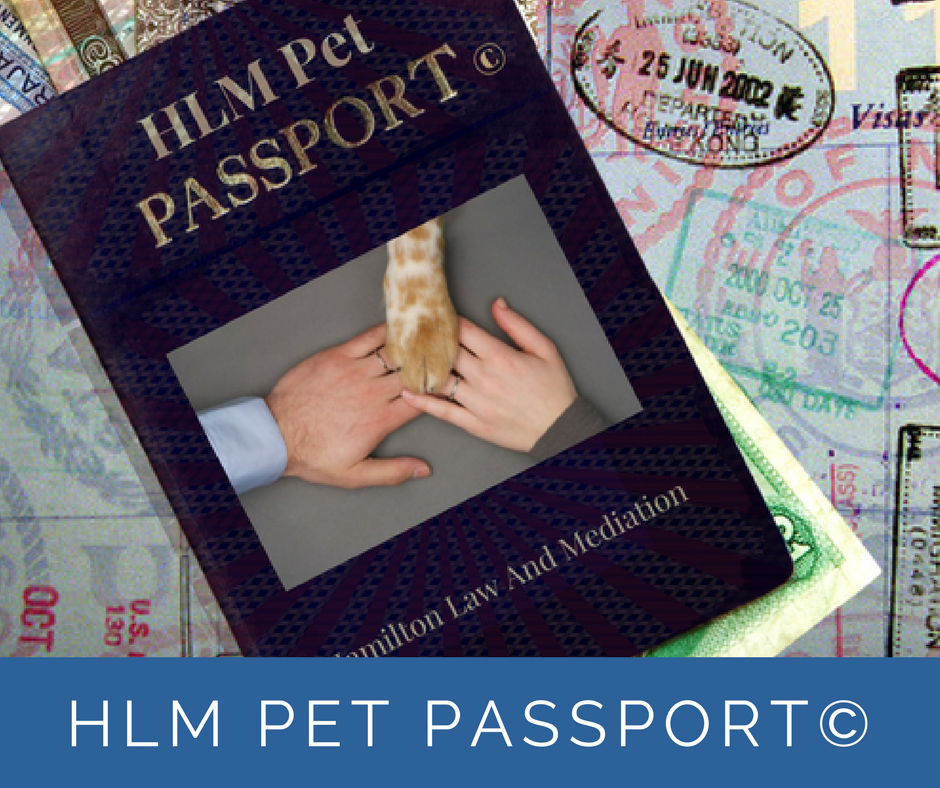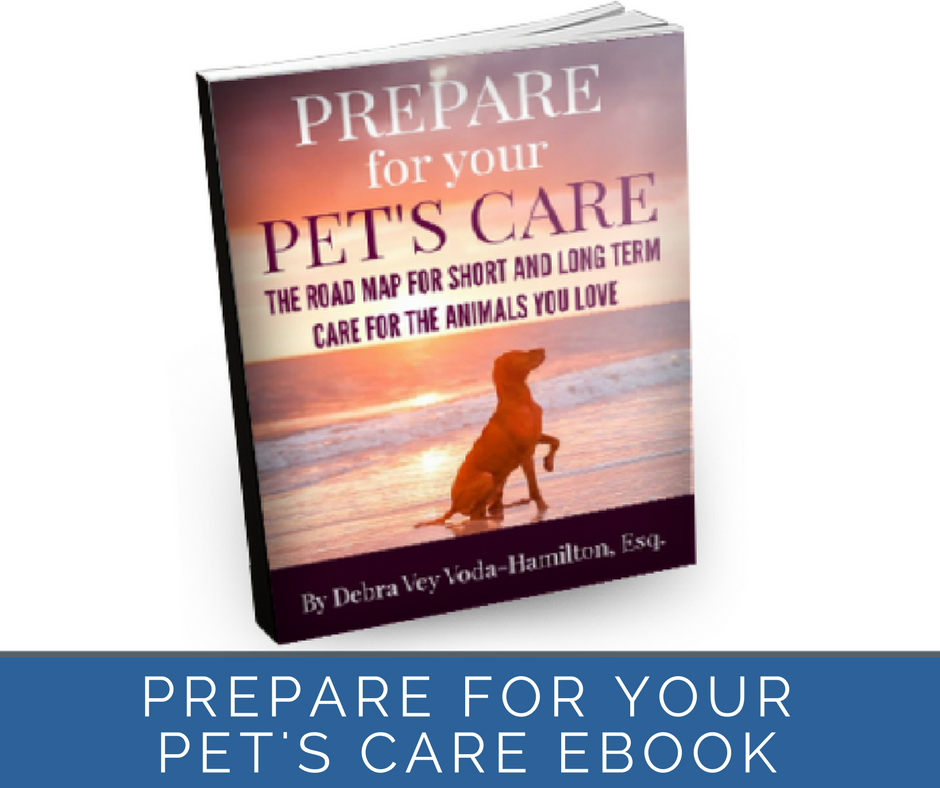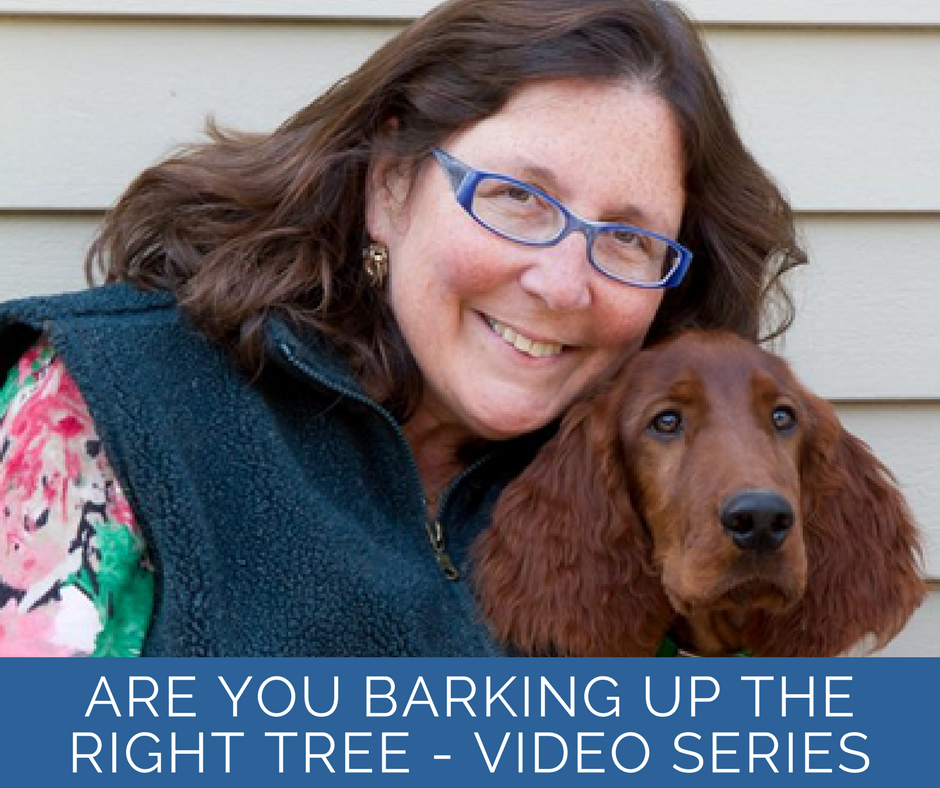In this weeks blog I am pulling a case out of my ABA Tips Law Journal for Fall 2011(47:1).
The Journal contained a survey entitled “Recent Developments in Animal Tort and Insurance Law” written by Adam P Karp, Yvonne C. Ocrant and Steven R Bonanno, that follows some of this years lawsuits involving animals and people. My focus will be on how mediation, in some cases, may have helped resolve these conflicts in less time, for less money, while retaining relationships.
There are so many cases in the survey. I plan to do a review a week, delivering recent case law in bite-sized installments. I think you will find the comparison and contrast of using current legal methods versus mediation applications illustrative of how things might have been, if in fact, mediation had been selected as the solution of first resort.
In the first case, Sims v. Humane Society of St. Joseph County Indiana, Inc (758 F.Supp. 2d 737 (N.D. Ind. 2010), the plaintiff sued the Humane Society for discrimination among other things. In fact, the plaintiff’s attorney threw all but the kitchen sink into the pleadings. He included an allegation of discrimination due to the their race. They were African American.
The court’s decision revolved around a conversation the rescue and plaintiff’s veterinarian had involving the plaintiff’s past pet care. There was a question whether the plaintiff would provide the necessary future veterinary care for this pet (the rescue & vet felt this dog may become dysplastic). The court found this question the likely cause of the defendant’s refusal to allow the plaintiff to adopt, not one of the outlandish reasons alleged by the plaintiff. The court went on to say that discussions between vets and rescues are favored in public policy to promote safe placements of adoptable pets. A failure to communicate and the requiring of confidentiality between vet and client may enable a person with animal abuse in their history adopt a dog. This too would be against public policy.
If these parties, in the initial stages of this conflict, had had the opportunity to have a meaningful conversation regarding the adoption of this dog, they may have saved themselves a lot of time and money. They may also have retained their relationship. For rescuers, it is all about retaining their relationship with adopters. This relationship can create a successful funnel from which other adopters will flow to the rescue organization.
If mediation had been used in this case, the parties may have come together reluctantly, spoken initially in accusatory tones and, after being free to place their feelings on the table, may have realized the conflict was about a simple question and a simple answer. In the real cause of action, the parties never asked the simple question or obtained the simple answer by going to court.
This case wasn’t about race discrimination or the ability to pay for vet care, which seemed to be the presumption of the plaintiff and defendants respectively. It was a perception, rightly or wrongly, that the plaintiff/adopter did not go the extra mile, as defined by the vet and bought into by the rescue, for their animals.
If the new adopters had been approached by the rescue, given an opportunity to sit down and discuss the prognosis of this particular dog and the future expense of such a prognosis, one of two choices could have been made by the adopter and rescue with full disclosure, agreement and commitment.
1.) Adopt with a full understanding and agreement to meet this dog’s future medical needs as set forth by Dr. X.
2.) Decline to adopt this dog because of the full disclosure of future medical needs and/or the desire not to sign the agreement of care drafted by Dr. X.
If the parties had taken the time to become fully apprised of each other’s intentions and responsibilities; had they made their own informed choice, this litigation may have been avoided. This outcome would have required the parties to have the ‘dreaded discussion’ parties are so afraid of having yet so willing to sue in lieu of.
Having an opportunity to gather all the facts (and not in a litigious venue), make an informed decision based on those facts and coming to a conclusion all the parties can live with, may have enabled these people to leave this transaction thinking the adopter, the rescue and Dr X were wonderful. Each had the opportunity to fully disclose their intentions regarding this dog. Each would recommend the other as an adopter, adoption rescue or vet to others in the future because they are so thorough in explaining the commitment they are all making to this pet.
In this case, no meaningful discussion, between the parties, was conducted. Both sides without the benefit of explanation made assumptions. A neutral third party was not employed. Had one been employed, the parties may have been able to engage in a meaningful discussion and not land in court.
Even with a kitchen sink pleading, the plaintiff failed to allege a basis on which the court could provide relief. By leaving out the one essential claim on which the court placed merit, the plaintiffs lost their case. All that money, all that time, irreparable destruction to the relationships between the vet and client, the adopter and rescuer and still they received no satisfaction.
Which is that famous Rolling Stones song….”I cant get no satisfaction”. Mediation can create a space where you “get some satisfaction” by enabling a simple confidential conversation between the parties, in which questions can be asked and answered, reasons made clear and answers obtained. (so difficult to have once litigation begins). In this case, the failure to explore mediation first truly had these parties singing, “I can’t get no satisfaction!”
Look for my next installment, “They shoot dogs don’t they?”






